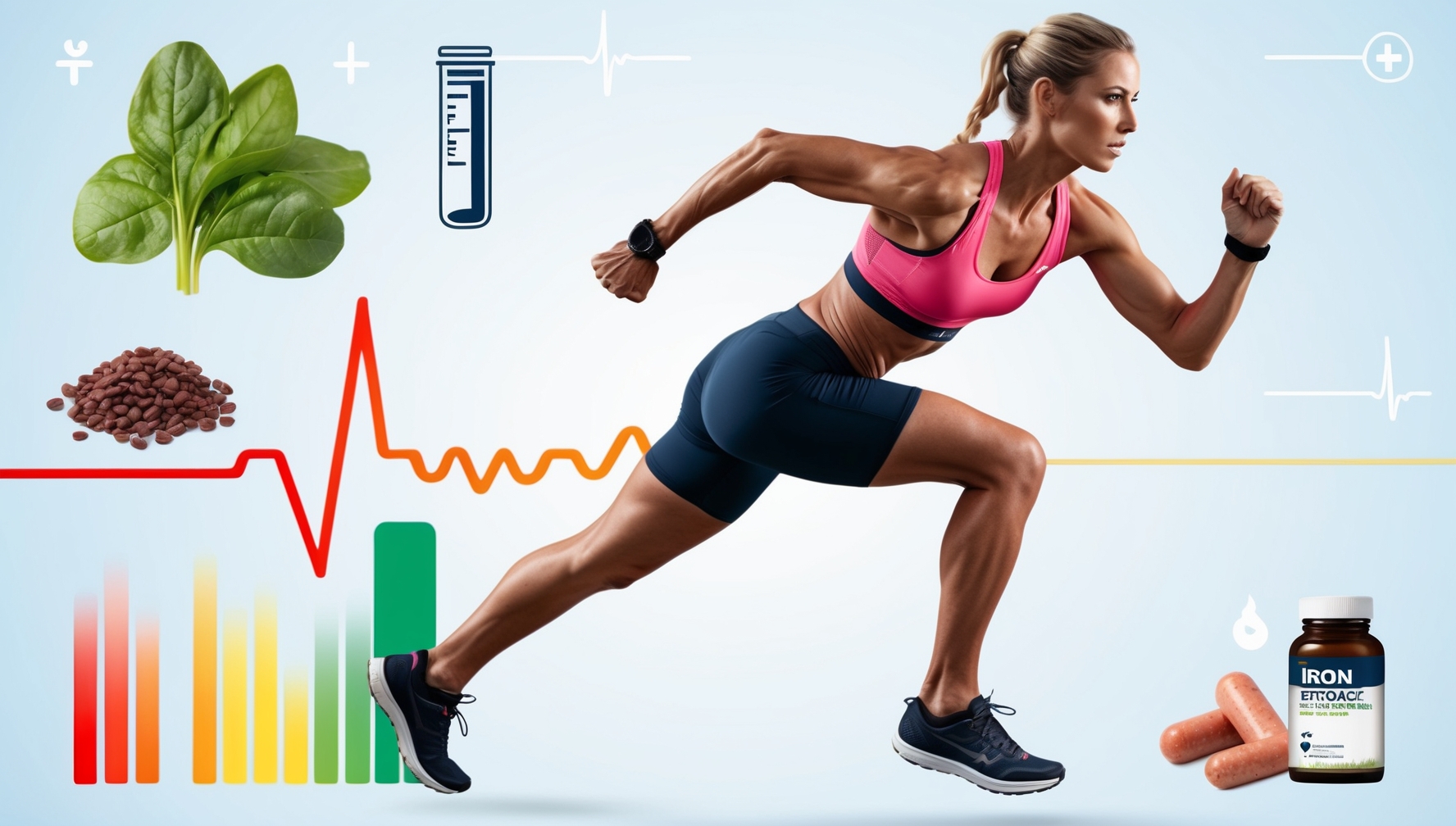
Iron Deficiency in Female Endurance Athletes: What You Need to Know and How to Overcome It
In the world of endurance sports, iron deficiency presents a unique challenge for female athletes, often impacting performance and overall health. As a female endurance athlete, understanding why you are more susceptible to this condition is crucial for maintaining peak performance levels. Recognizing the symptoms of iron deficiency early can help you take proactive steps to address it effectively. This guide will provide you with insights into iron-rich foods, the role of iron supplements, and effective athlete nutrition strategies to overcome this common issue. Equip yourself with the knowledge to stay healthy and perform at your best.
Read More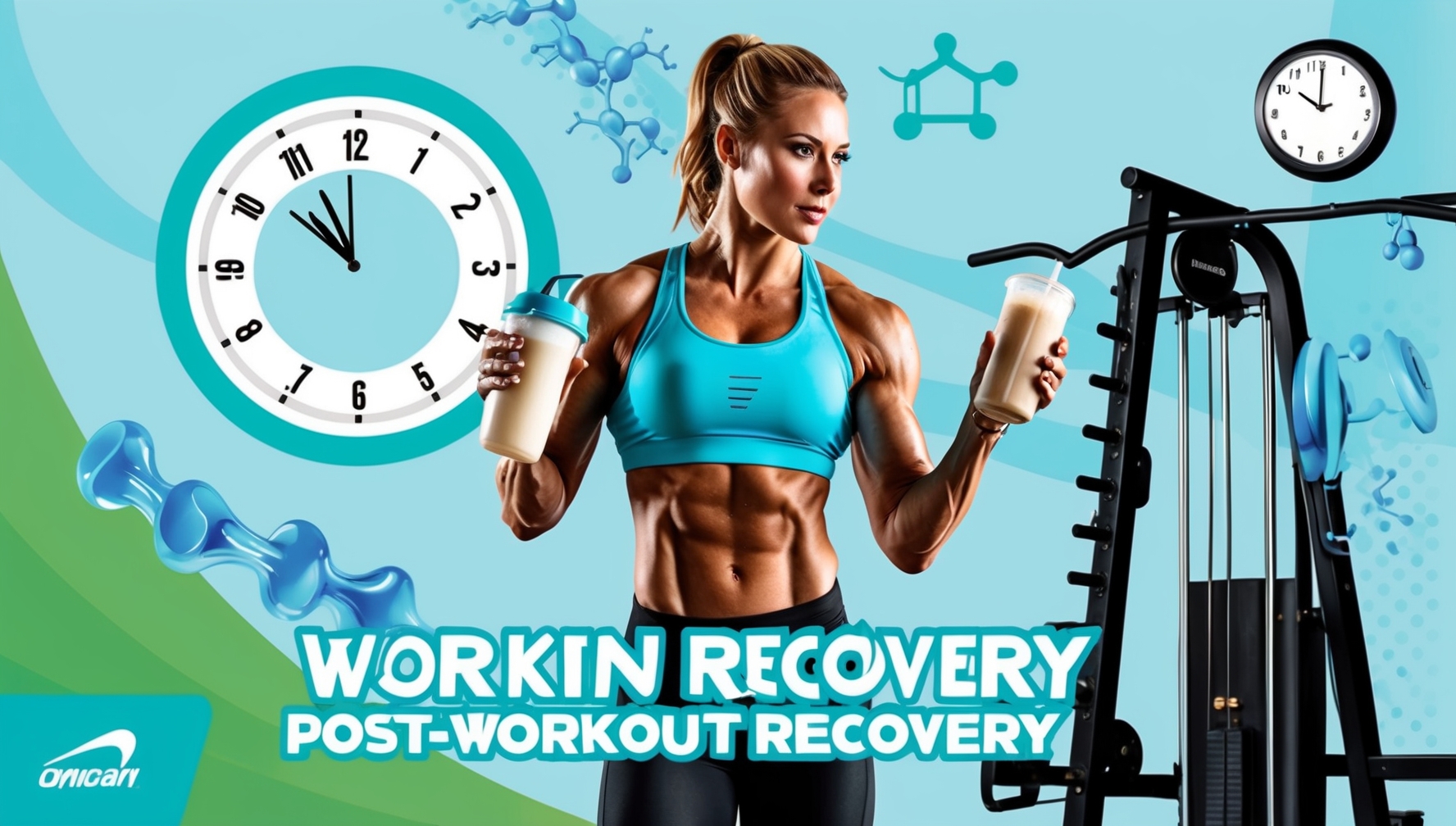
The Latest Research on Protein Timing for Female Athletes: When and How Much?
If you're serious about your fitness goals as a woman athlete—whether you're a runner, a weightlifter, or a weekend warrior—chances are you’ve already heard the golden rule: "Eat more protein!" But here’s the thing—simply hitting your daily protein goals is only part of the picture. What’s increasingly being recognized in the world of sports nutrition is that when you eat that protein might matter just as much as how much you’re eating. Yep, that’s right—protein timing is the new buzzword, and the latest research shows that it can make a huge difference in your performance and recovery.
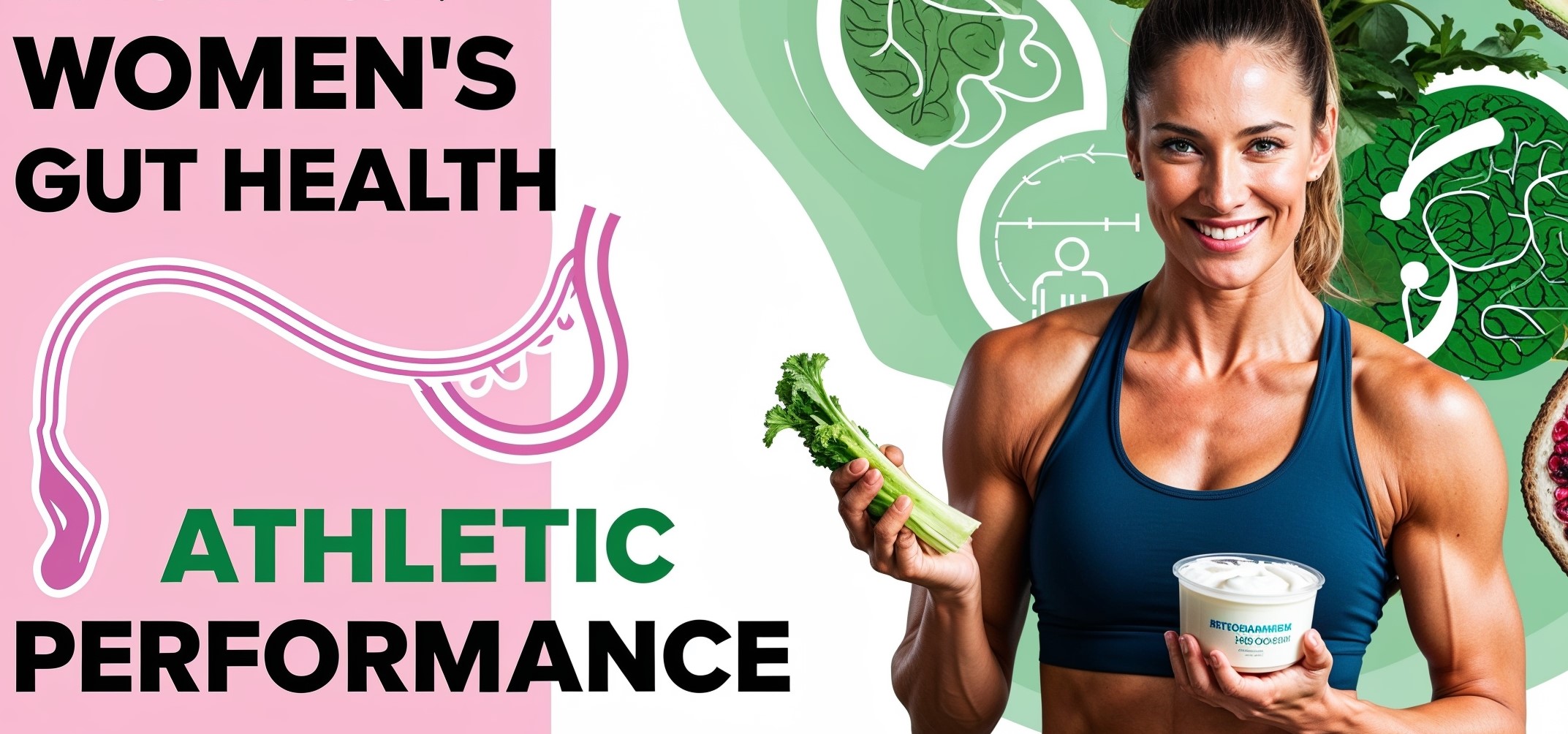
The Connection Between Women's Gut Health and Athletic Performance
When it comes to athletic performance, most women focus on their training routines, fitness goals, and sometimes even the latest sports supplements. But one thing that often gets overlooked is gut health. Your gut, or digestive system, plays a far bigger role in how you perform and recover as an athlete than you might think. In fact, women’s gut health can directly impact energy levels, stamina, and even your ability to build muscle and recover from workouts.

Unlocking Peak Performance: How Magnesium Transforms Female Athletes’ Sleep and Recovery
In the dynamic world of athletics, female athletes are constantly seeking ways to enhance their performance and optimize recovery. Enter magnesium, a powerhouse mineral that goes beyond the traditional role of muscle recovery to significantly impact sleep quality, stress reduction, and hormonal balance. This essential nutrient holds the key to unlocking peak performance, offering transformative benefits that cater specifically to women who lead active lifestyles. As you explore how magnesium can elevate your athletic journey, consider its profound impact on your holistic well-being. Discover how incorporating magnesium into your regimen can empower you to achieve new heights in your athletic pursuits, all while supporting your overall health and vitality.
Read More
Unlock Your Athletic Potential: The Benefits of Carb Cycling for Women
Unlocking your athletic potential goes beyond just hitting the gym; it's about fueling your body with the right nutrition to support your goals. Carb cycling, a strategic approach to managing carbohydrate intake, has emerged as an effective method for women aiming to enhance performance and achieve fat loss. This technique involves alternating between high-carb and low-carb days, tailored to your specific fitness objectives and lifestyle. As you age, particularly as a woman, understanding how your metabolism changes becomes crucial in determining the most effective carb cycling plan. In this guide, we'll delve into how carb cycling can be integrated into your fitness strategy, offering insights into performance enhancement, nutrition for athletes, and age-adjusted diet plans for women.

Unlock the Secrets of Strong Bones: Essential Nutrients for Women Over 40
As an active woman over 40, maintaining strong and healthy bones is crucial to support your vibrant lifestyle and fitness goals. Understanding the essential nutrients for women's bone health, such as calcium and vitamin D, is key to ensuring your bones remain resilient, especially when engaging in exercise. These nutrients are integral in strengthening your skeletal structure, promoting longevity, and enhancing your overall quality of life. In this informative guide, we will unlock the secrets to fortifying your bones by exploring the role of various nutrients and how they can empower you to maintain optimal bone health. Embrace the confidence of knowing that your bones are well-supported as you continue on your fitness journey.
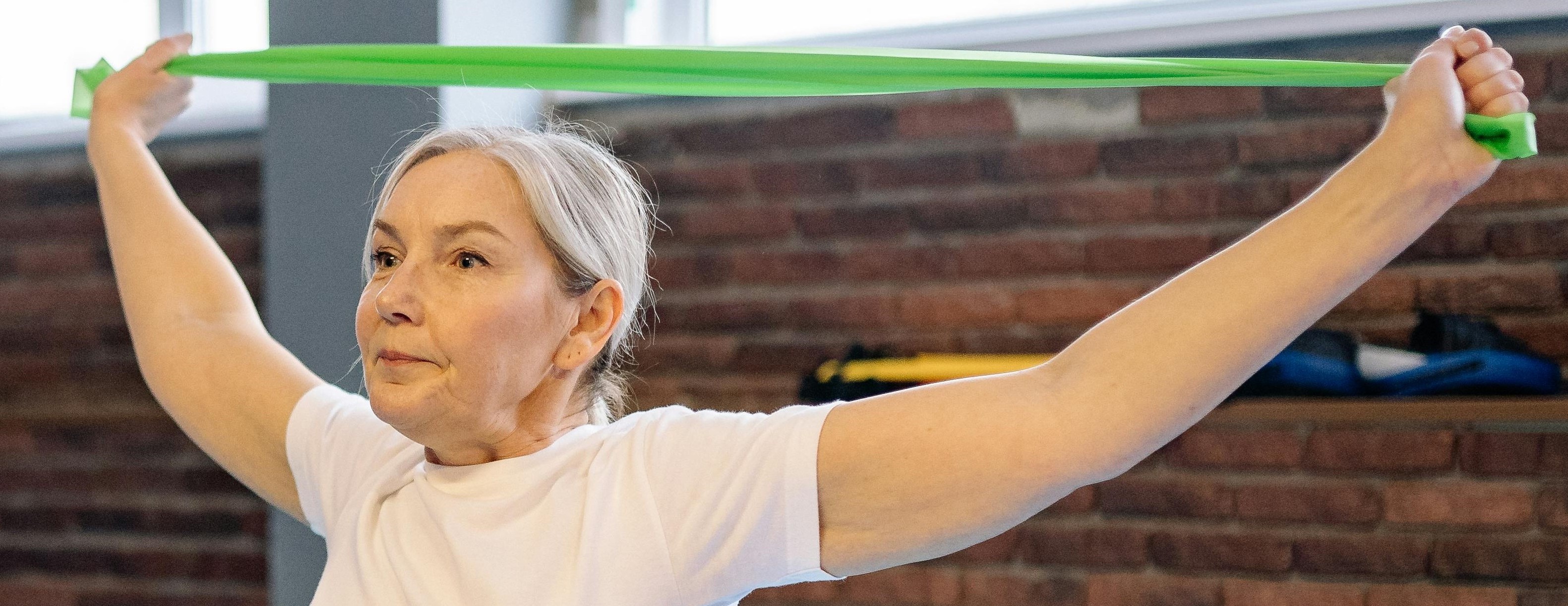
Empower Your Active Lifestyle: Sports Nutrition and Dietary Strategies for Managing Menopausal Symptoms
Empower Your Active Lifestyle: Sports Nutrition and Dietary Strategies for Managing Menopausal Symptoms
Navigating the journey of menopause doesn't mean putting your active lifestyle on hold. In fact, with the right approach to sports nutrition and dietary strategies, you can effectively manage common menopausal symptoms like hot flashes and weight gain while staying active and vibrant. This guide is crafted to empower you with practical nutrition for menopause, focusing on healthy eating during this transformative period. Discover how tailored dietary choices can enhance your well-being and support an active lifestyle through menopause. Get ready to take charge of your health and continue your journey with confidence and strength.
Understanding Menopausal Symptoms
Common Menopausal Challenges
Menopause brings a variety of physiological changes that can affect your daily routine. Among the most common menopausal symptoms are hot flashes, which cause sudden warmth and perspiration. These can disrupt sleep and lead to fatigue. Weight gain is another challenge, often resulting from hormonal changes paired with aging. As estrogen levels drop, your body might store more fat, particularly around the abdomen. Additionally, mood swings and irritability can occur due to fluctuating hormone levels. Sleep disturbances and night sweats further contribute to feelings of tiredness and stress. Joint pain and stiffness are also reported by many, which can hinder physical activity. Understanding these challenges is crucial in implementing effective dietary strategies and sports nutrition. By acknowledging these symptoms, you can take proactive steps to manage them, ensuring they don't impede your active lifestyle.
Impact on Active Lifestyles
Menopause can significantly impact one's active lifestyle, but understanding these effects can help you maintain your fitness goals. The combination of symptoms like weight gain, joint pain, and fatigue can deter regular exercise routines. Declines in muscle mass make strength training more challenging, emphasizing the need for tailored sports nutrition. Hot flashes and night sweats can disrupt sleep, leading to decreased energy levels and motivation. This can affect not only physical performance but also mental resilience during workouts. Mood swings might further decrease enthusiasm for staying active. However, maintaining an active lifestyle is critical as it helps alleviate many menopausal symptoms. Regular exercise supports mood stability, bone health, and weight management. By addressing these challenges with appropriate dietary strategies and fitness plans, you can continue to enjoy an active lifestyle while managing menopausal symptoms effectively. Recognizing these impacts allows for proactive adjustments, ensuring your active lifestyle remains vibrant and fulfilling.
Sports Nutrition for Menopause
Essential Nutrients for Women
During menopause, focusing on essential nutrients becomes paramount to managing symptoms and supporting overall well-being. Protein is crucial for preserving lean muscle mass, which tends to decrease as estrogen levels fall. Incorporate high-quality protein sources like poultry, fish, beans, and nuts into your diet. Calcium and vitamin D are vital for bone health, reducing the risk of osteoporosis, a common concern during menopause. Include dairy products or fortified plant-based alternatives to meet these needs. Omega-3 fatty acids, found in fish like salmon, help reduce inflammation and may alleviate joint pain. Fiber-rich foods, such as whole grains and vegetables, support digestive health and help manage weight gain by promoting fullness. Phytoestrogens, found in soy products and flaxseeds, might help moderate hormonal fluctuations. Ensuring a balanced intake of these nutrients through sports nutrition can greatly assist in maintaining an active lifestyle during menopause. Prioritizing these dietary components empowers women to navigate menopause with strength and vitality.
Role of Hydration in Symptom Management
Hydration plays a critical role in managing menopausal symptoms and maintaining an active lifestyle. Adequate fluid intake helps regulate body temperature, which is essential for managing hot flashes. Staying hydrated can also alleviate common issues like dry skin and eyes, which are prevalent during menopause. Moreover, proper hydration supports joint health, reducing discomfort during exercise and daily activities. Drinking enough water aids in digestion and can help manage weight by promoting a feeling of fullness, thus potentially reducing unnecessary snacking. Dehydration can exacerbate fatigue and mood swings, making it harder to stay motivated for physical activity. Aim for at least eight glasses of water daily, adjusting based on activity level and climate. Herbal teas and infused water can be enjoyable alternatives that also contribute to overall hydration. By prioritizing hydration as part of your sports nutrition strategy, you can better manage menopausal symptoms and sustain your active lifestyle.
Dietary Strategies for Symptom Relief
Reducing Hot Flashes with Diet
Diet can play a significant role in reducing the frequency and severity of hot flashes during menopause. Identifying and avoiding trigger foods is a crucial first step. Common triggers include caffeine, alcohol, and spicy foods, which can exacerbate hot flashes. Keeping a food journal can help pinpoint which foods to avoid. Incorporating more plant-based foods rich in phytoestrogens, such as soy, flaxseeds, and chickpeas, may help balance hormones and reduce hot flashes. These compounds mimic estrogen and can provide relief by stabilizing hormonal fluctuations. Omega-3 fatty acids, found in fatty fish, may also help moderate hot flashes and improve overall mood. Ensure your diet includes plenty of fresh fruits, vegetables, and whole grains, as these foods promote a balanced diet that supports overall health. By making these dietary adjustments, you can take proactive steps to mitigate hot flashes and maintain a comfortable, active lifestyle during menopause.
Managing Weight Gain Effectively
Managing weight gain during menopause requires a strategic approach to diet and lifestyle. As metabolism naturally slows, focusing on nutrient-dense, low-calorie foods becomes essential. Incorporate plenty of vegetables, fruits, and whole grains, which are high in fiber and help promote fullness. This can prevent overeating and assist in weight management. Lean protein sources such as chicken, fish, and legumes are vital for maintaining muscle mass and boosting metabolism. Regular meals and snacks can help stabilize blood sugar levels and reduce cravings. Portion control is crucial; consider using smaller plates to help manage serving sizes. Additionally, staying physically active through regular exercise, including both aerobic and strength training, enhances calorie burning and muscle preservation. Limiting processed foods high in sugar and unhealthy fats is also important. By combining these dietary strategies, you can effectively manage weight gain during menopause and support an active, healthy lifestyle.

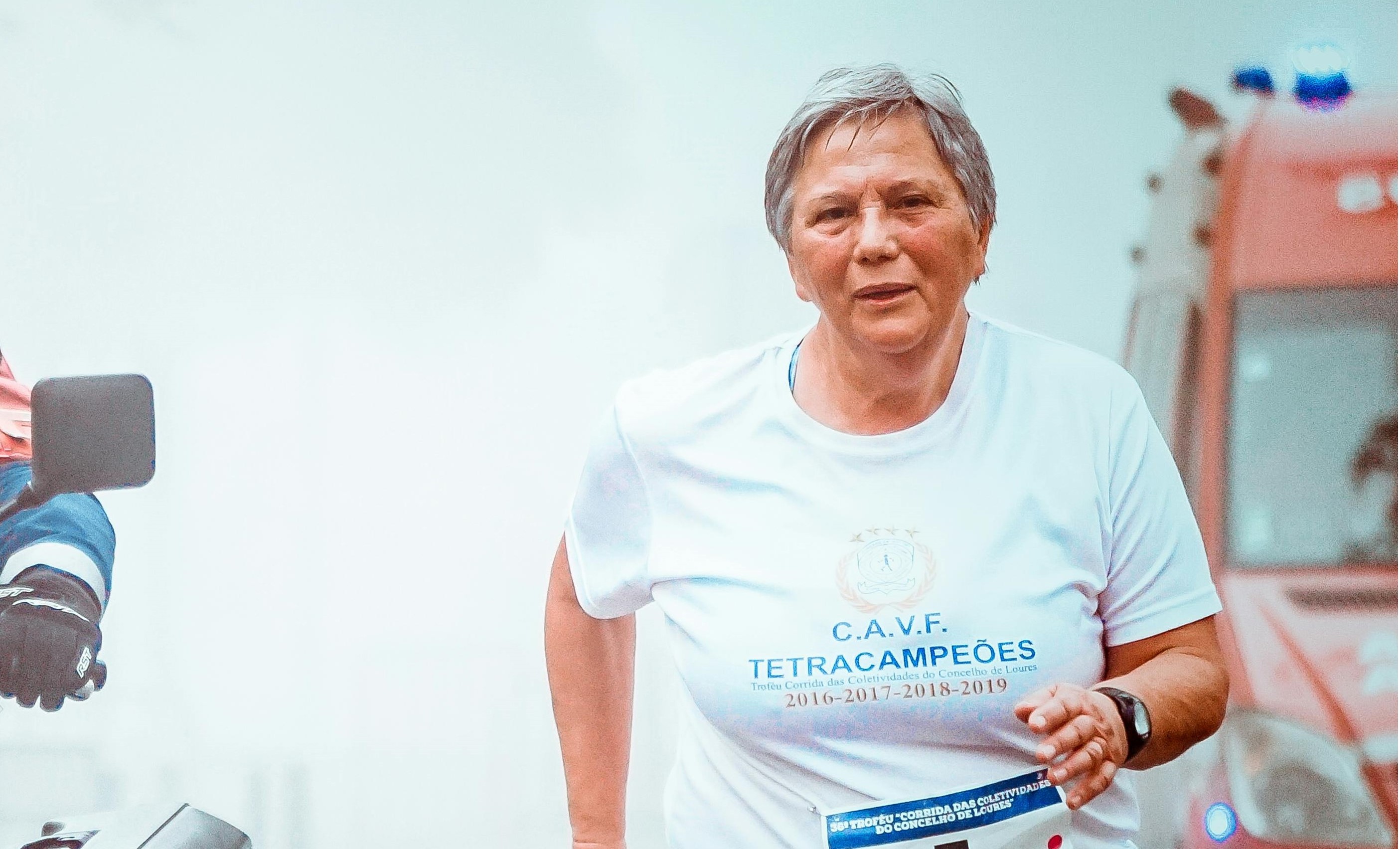
Empowering Women in Sports: How 2024 is Shaping the Future of Gender Equality
The landscape of women's sports is evolving rapidly, and 2024 is poised to be a pivotal year for gender equality in athletics. As sports enthusiasts, athletes, and advocates for women's rights rally behind this movement, a new chapter unfolds, promising greater visibility and opportunities for women athletes. The upcoming 2024 sports events are not just competitions; they are milestones in empowering women and reshaping perceptions in the sports world. In this enlightening journey, we will explore the latest sports news highlighting how these developments are driving change and inspiring future generations. Together, let's celebrate and support the dynamic rise of gender equality in sports, a movement that embodies empowerment, aspiration, and confidence.
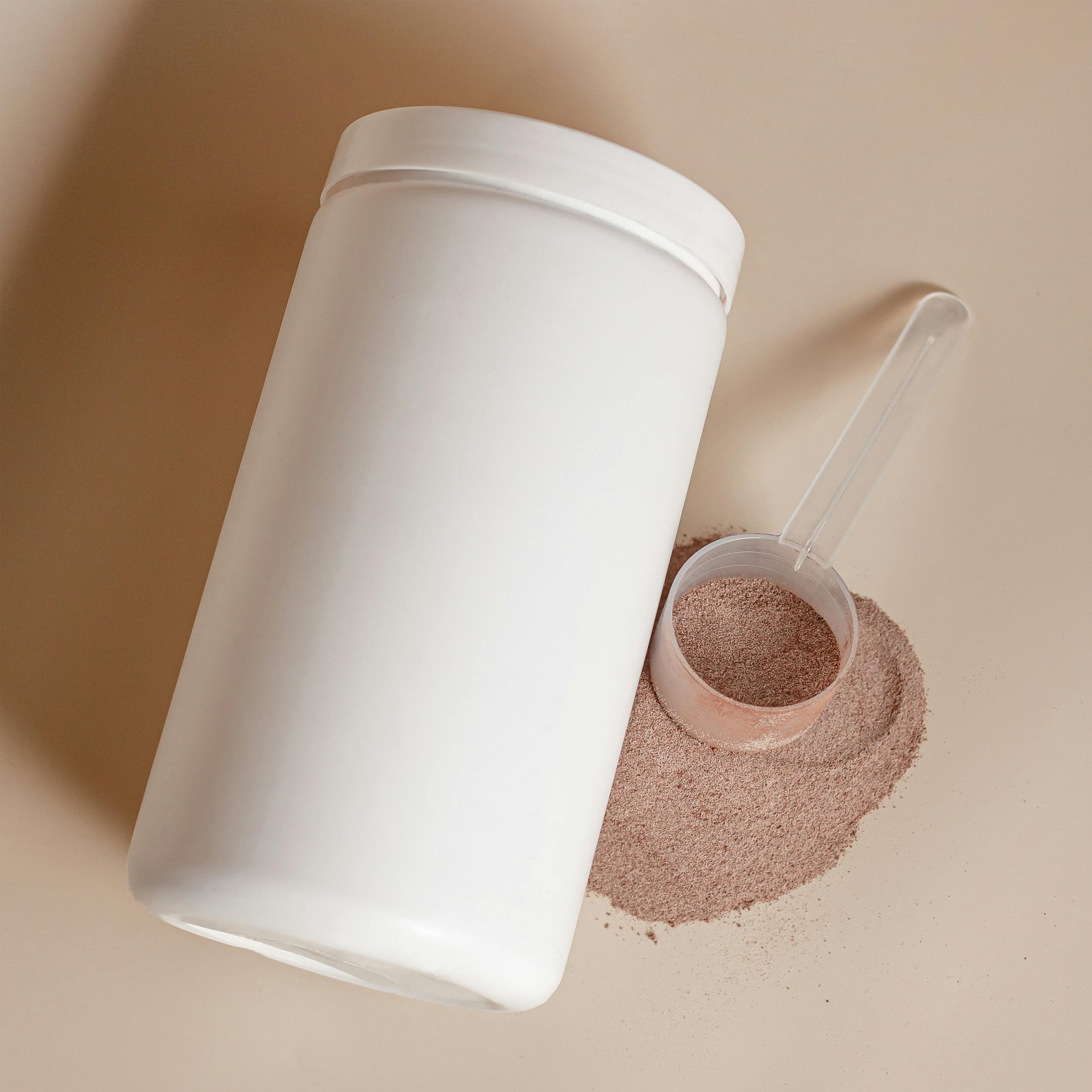
Decoding Protein Supplements: Tips for Women on Label Reading and Dietary Preferences
Navigating the world of protein supplements can be a transformative journey for women aiming to enhance their fitness and health. With a variety of options like whey protein, plant-based alternatives, and casein, understanding your individual needs and goals is crucial. Whether you are focusing on muscle gain, weight loss, or maintaining a balanced diet, selecting the right supplement involves careful consideration of ingredients, quality, and dietary preferences such as vegan or gluten-free options. In this guide, we will empower you with essential tips on label reading, understanding protein content, and determining the recommended daily intake tailored to your activity level. Dive into the details and discover how to elevate your fitness journey with the perfect protein supplement.

Unlocking a New Chapter: How Sports Enhance Cognitive Function in Women Over 50
Unlocking a new chapter in life, participating in sports offers a multitude of mental health benefits for women over 50. Engaging in physical activity not only enhances cognitive function but also serves as a powerful tool for boosting mood and improving overall mental wellness. As women age, the importance of maintaining mental agility and emotional balance becomes paramount. In this piece, we will delve into how sports participation can be a game-changer for women over 50, spotlighting the cognitive and emotional advantages that come with staying active. Discover how incorporating sports into your routine can open doors to a healthier, more vibrant you.